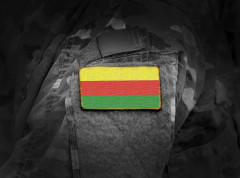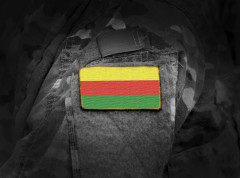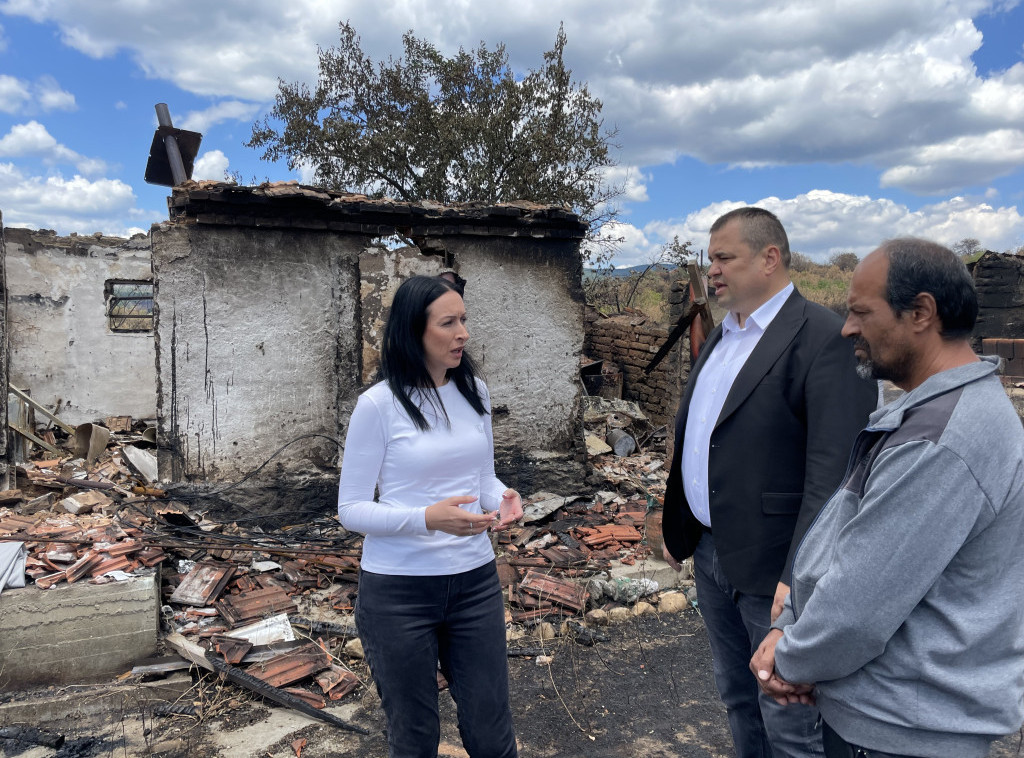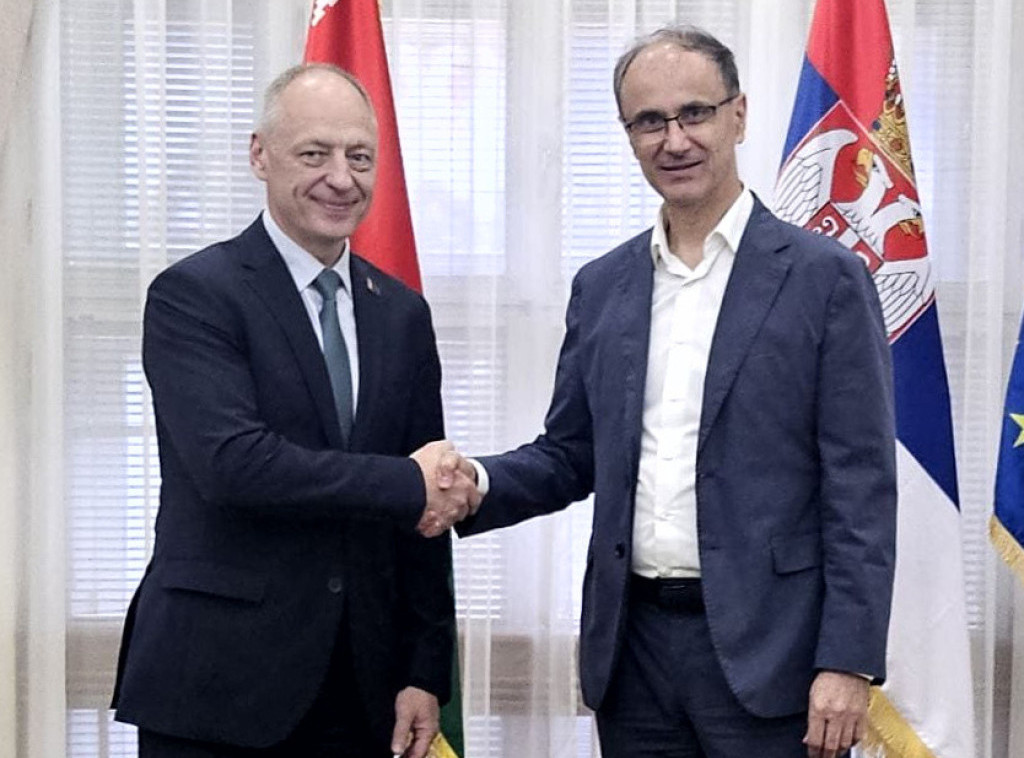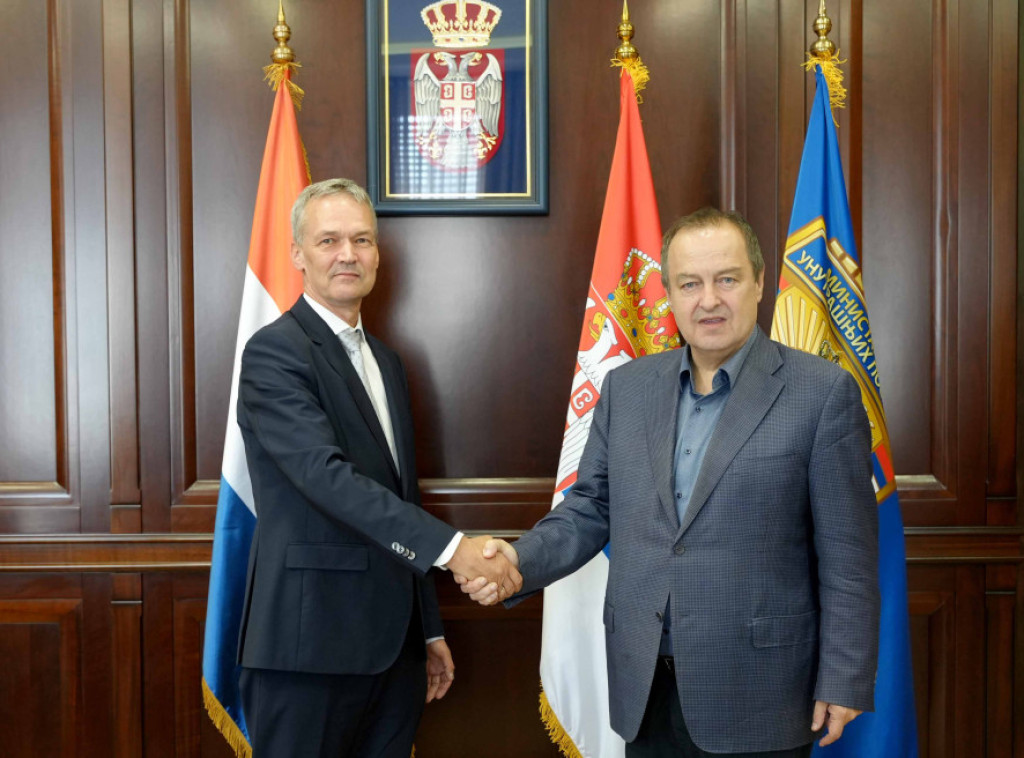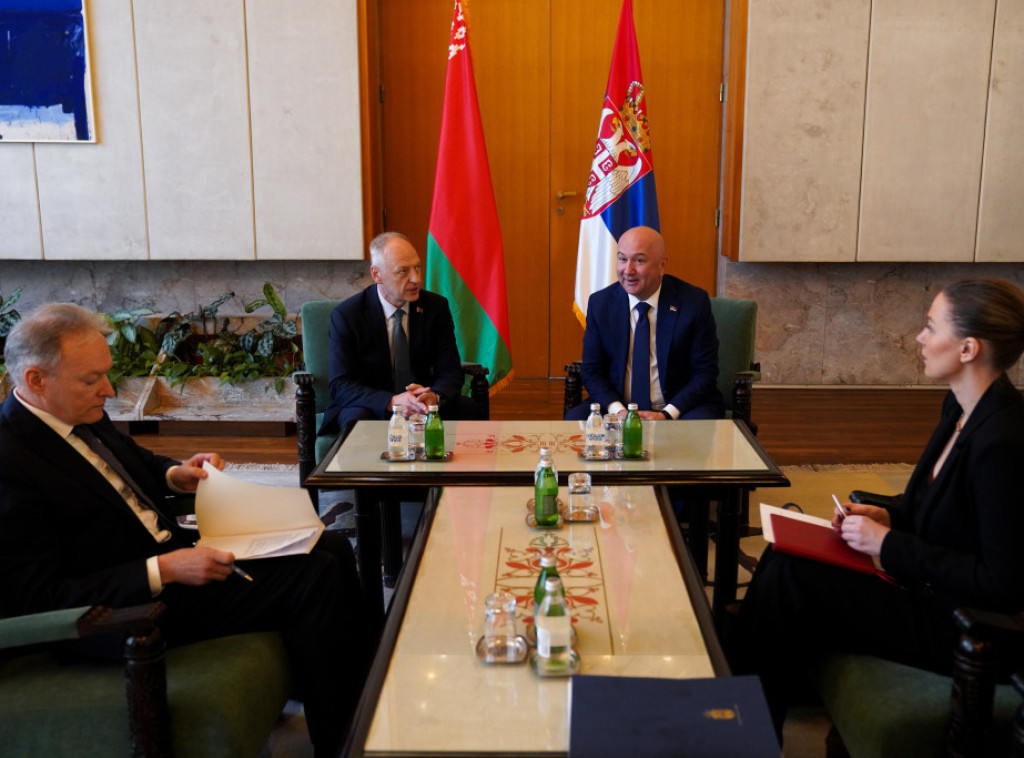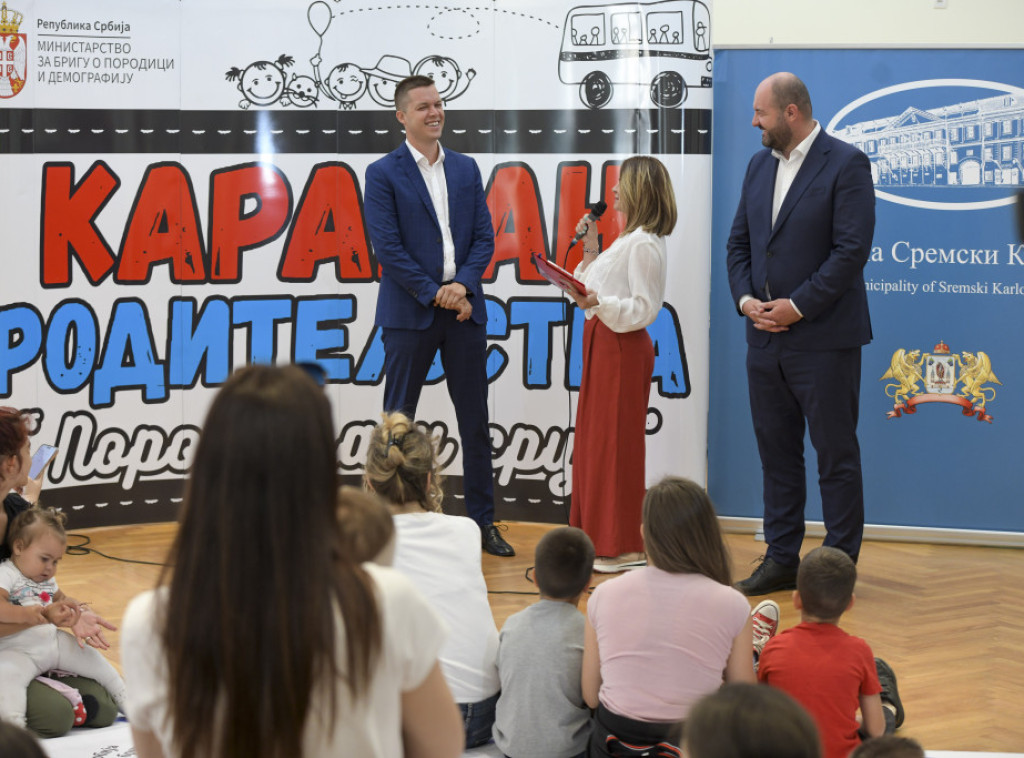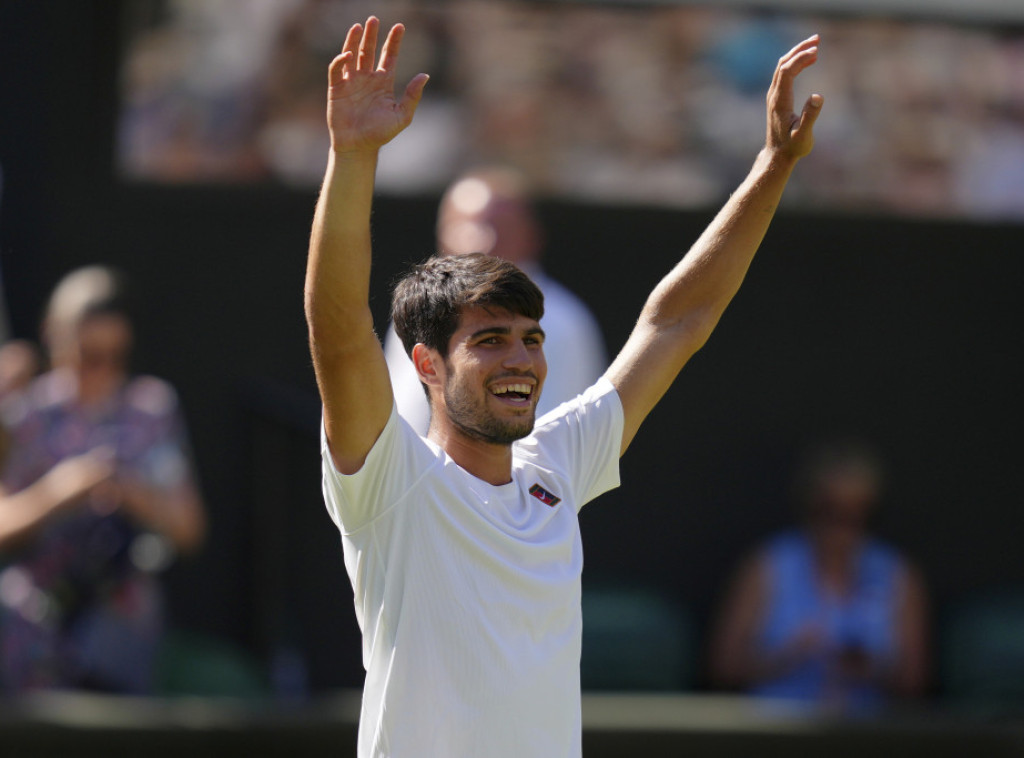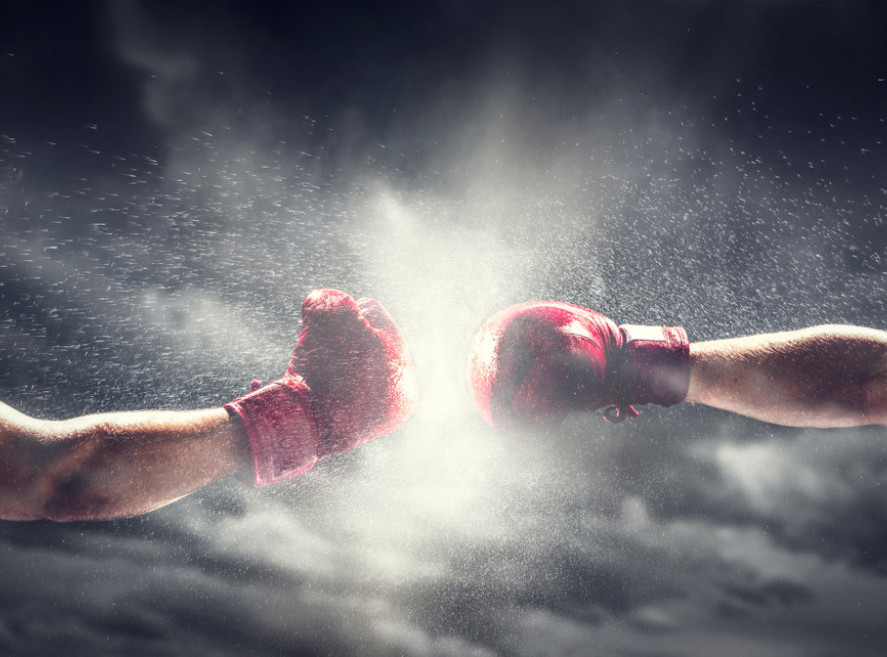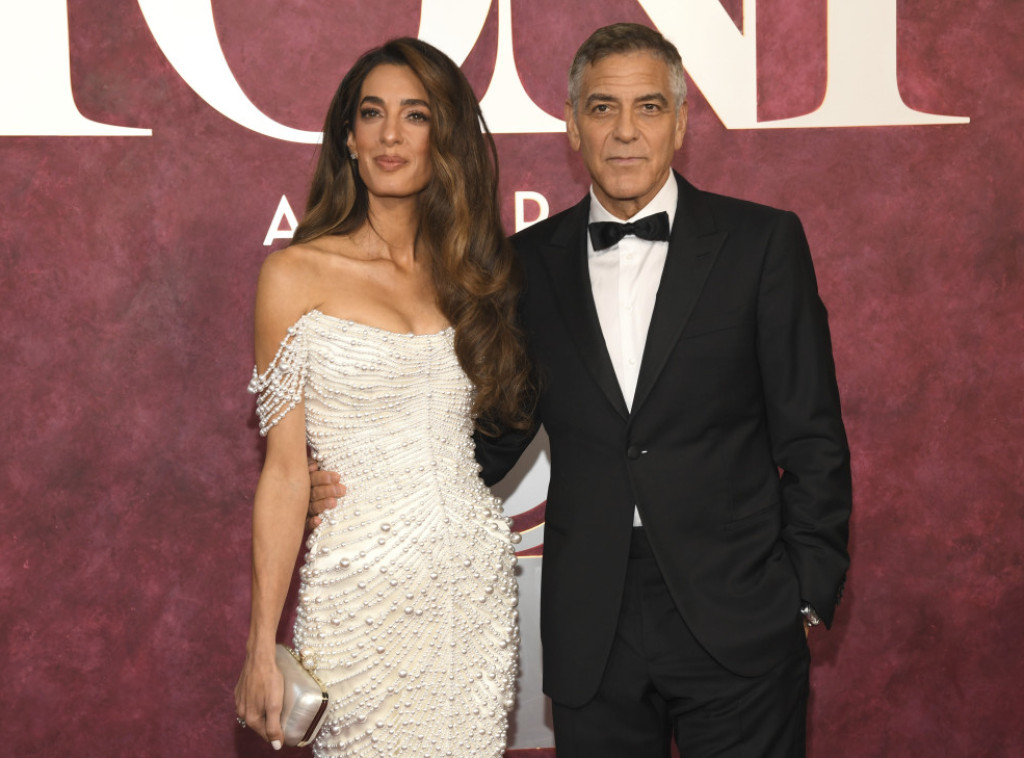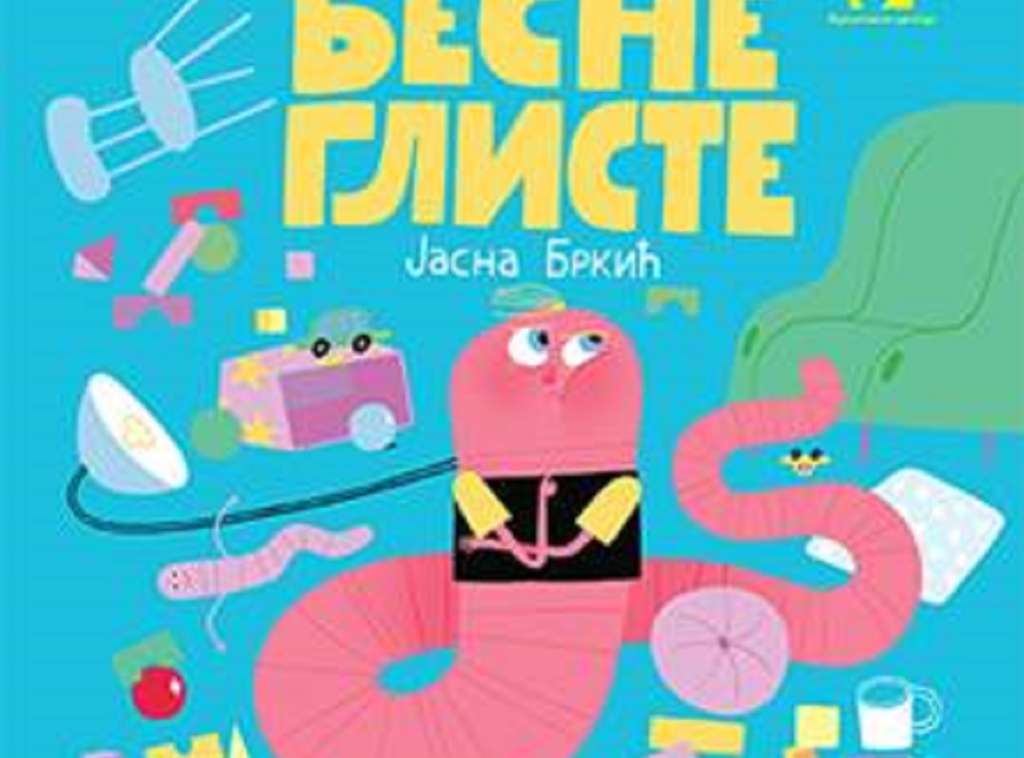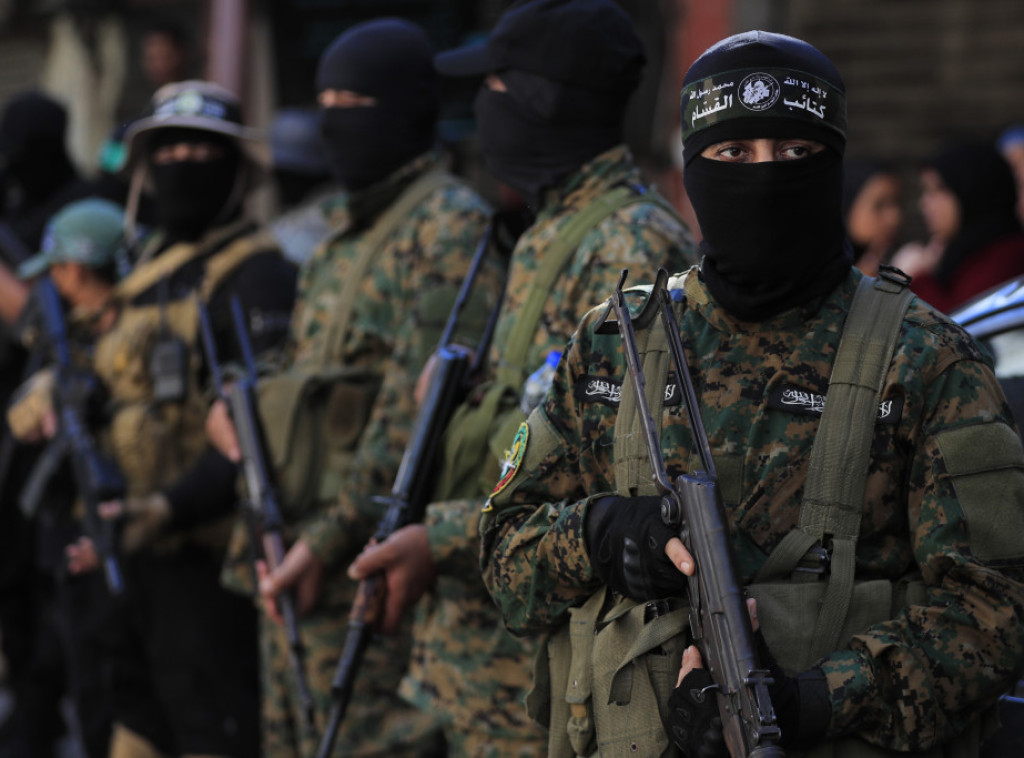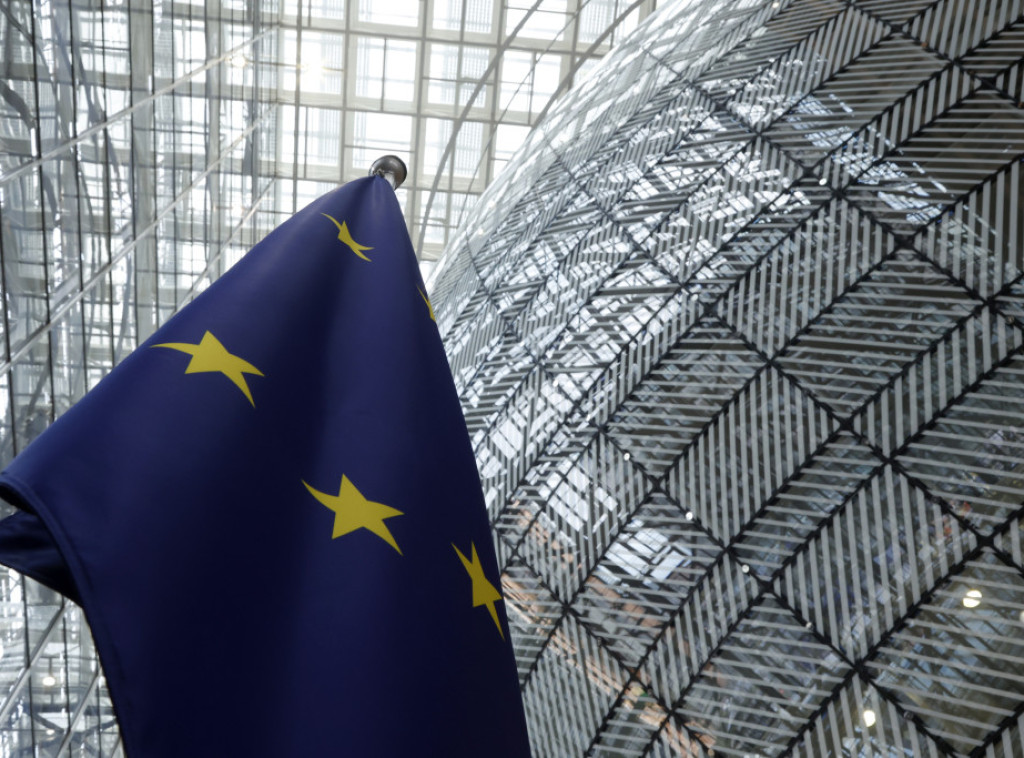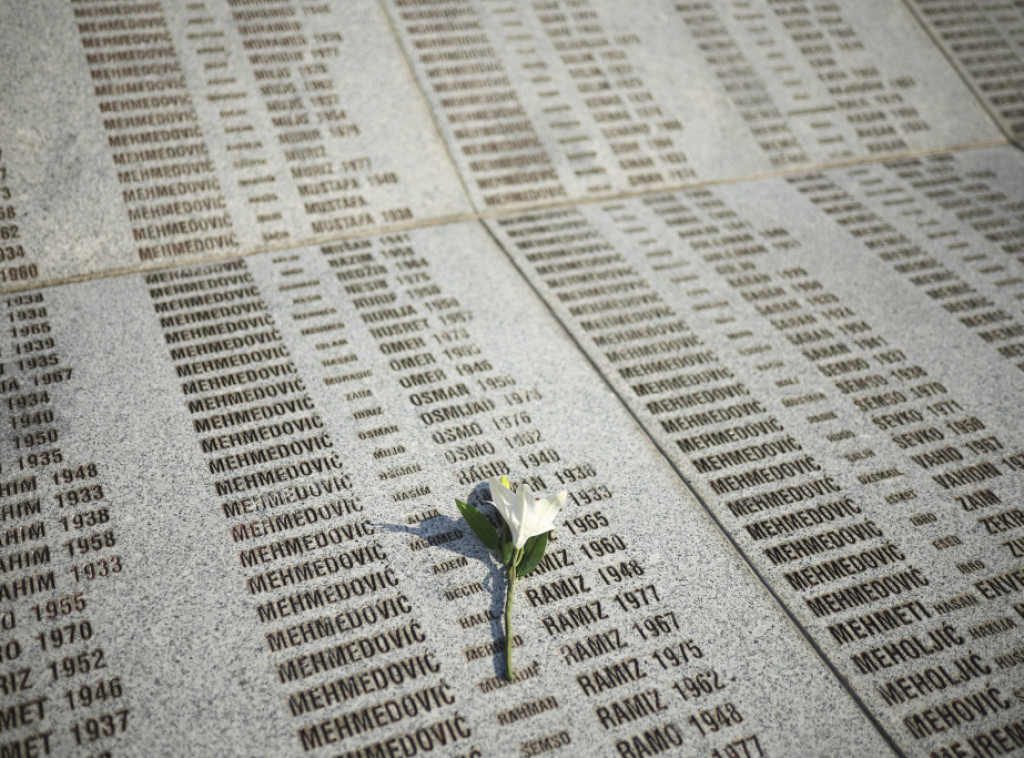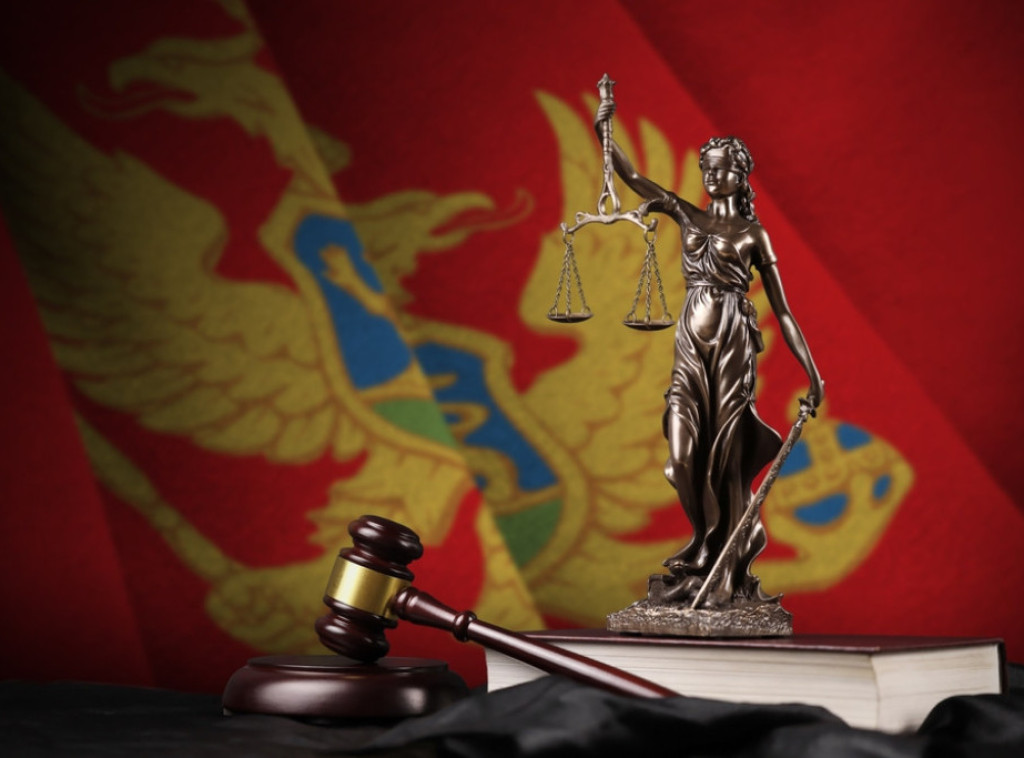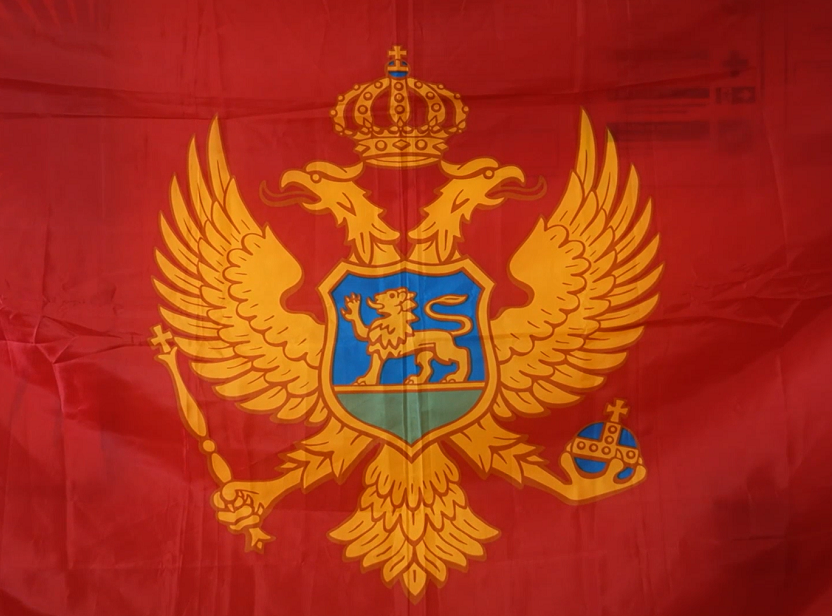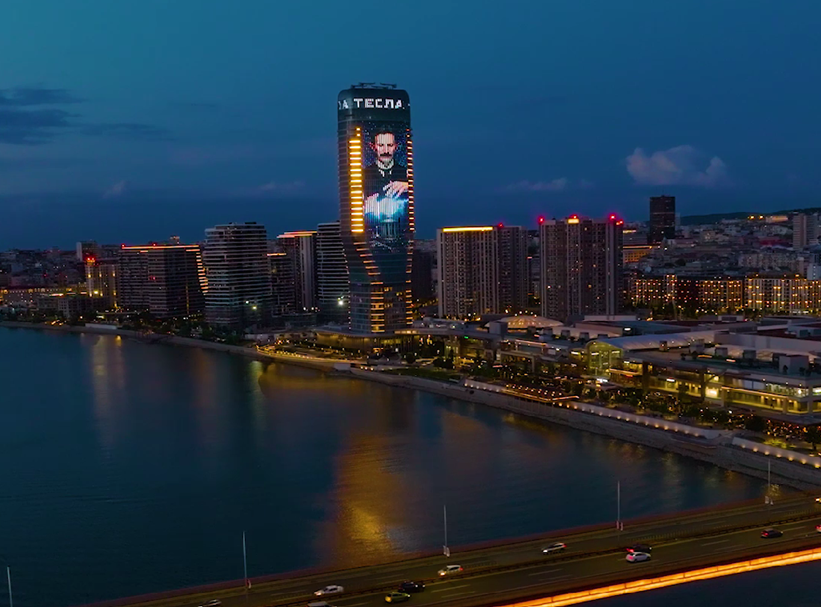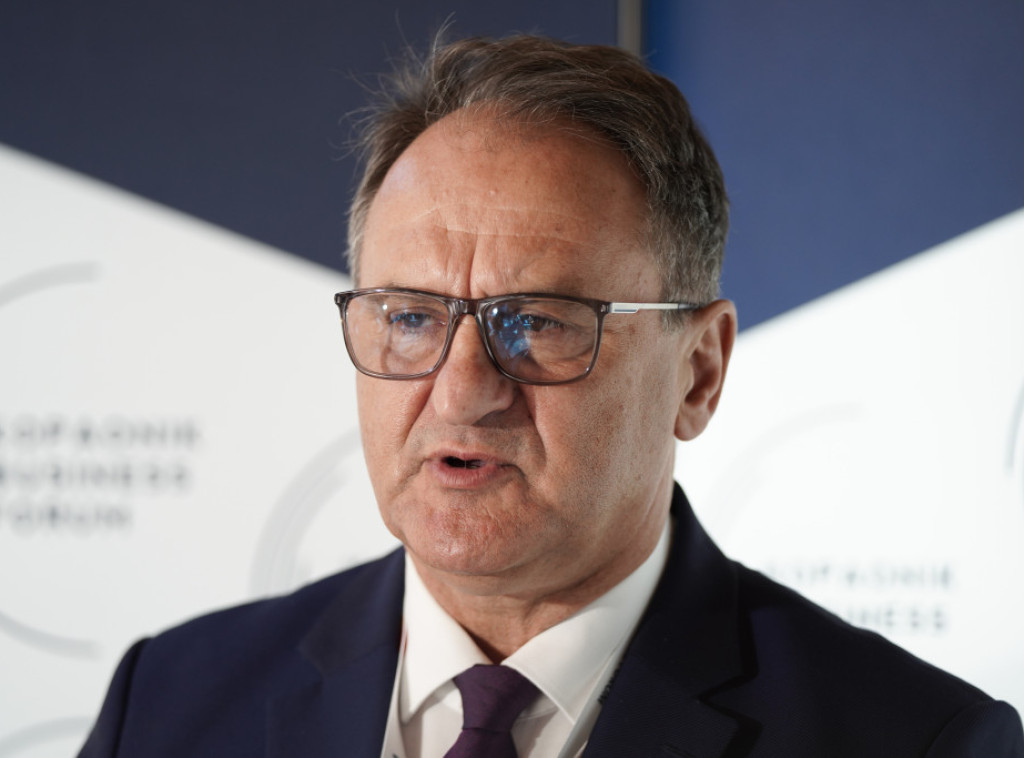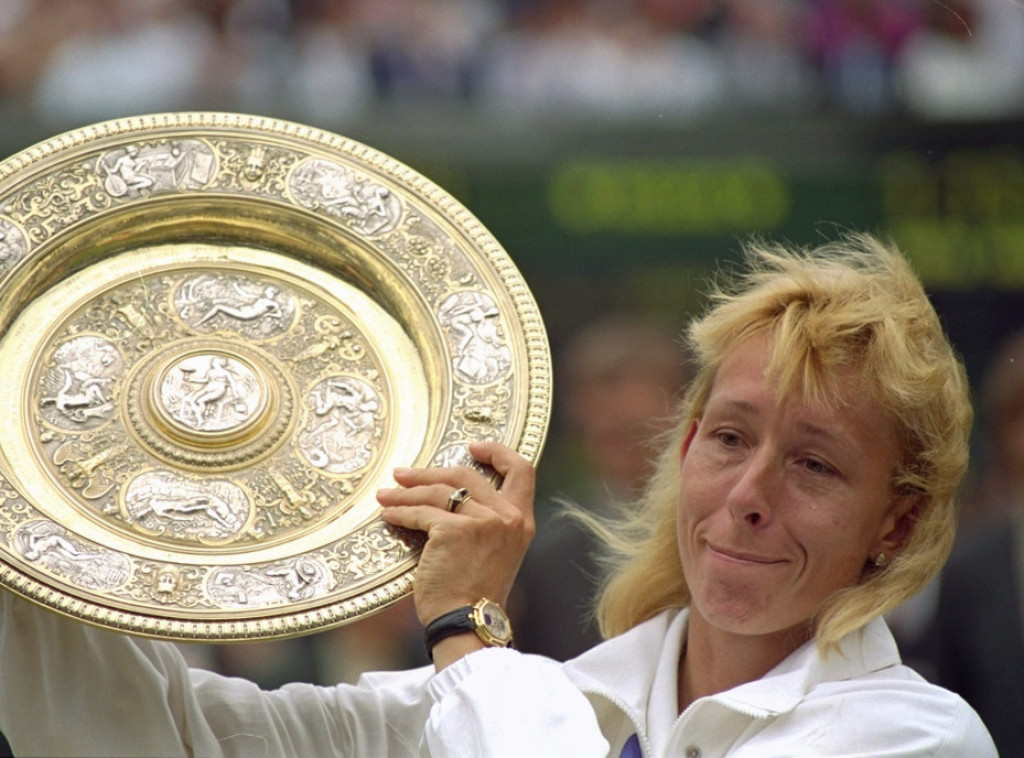End of a 40-Year Conflict? PKK Announces Disarmament and Peace, But Is It Really Over or Just a Pause?
Could the conflict that has raged for an astonishing 40 years finally be coming to an end? Kurdish militant leader Abdullah Öcalan, who has been serving a sentence on the prison island of Imrali near Istanbul for years, has once again called on fighters of the Kurdistan Workers’ Party (PKK) to lay down their arms and end the armed struggle against the Turkish state.
In a seven-minute video message released on the YouTube channel of the pro-Kurdish media outlet Haber, Öcalan emphasized that the peace initiative has entered a phase of concrete steps. He called for the public and transparent disarmament of relevant groups, which should dispel public doubts and fulfill obligations to the parliament and its commissions.
The PKK, which has waged guerrilla warfare for decades in the mountainous areas of northern Iraq, has announced it will end armed struggle, which would mark the end of a conflict that has claimed tens of thousands of lives. As a first concrete step, it is expected that 20 to 30 PKK fighters will participate this week in a weapons handover ceremony in Sulaymaniyah, the semi-autonomous Kurdish region in northern Iraq. Fighters will come down from the mountains and publicly destroy their weapons in front of civil society representatives.
But is this really the end? Experts warn that the conflict still smolders. Turkish armed forces continue airstrikes and ground operations against the PKK in northern Iraq, and the Turkish government still considers the PKK a terrorist organization. Also, relations between the PKK and the Kurdish autonomous government in Iraq are tense, further complicating the situation.
Thomas Schmidinger, a political science professor at the University of Kurdistan in Erbil, points out that the PKK’s weapons can no longer seriously threaten the Turkish state, especially due to advances in military technology and drones. He believes political dialogue is now the only realistic option. However, he warns that the war is actually still ongoing, as Turkey continues to bomb PKK fighters in northern Iraq, where most clashes occur.
The question remains: what will happen to PKK fighters after disarmament? Will the Turkish state offer amnesty and allow them to reintegrate into society? Or will some join other armed Kurdish groups in Syria or remain in northern Iraq? Answers to these questions are not yet clear.
This historic moment could mark the beginning of the end of one of the longest conflicts in modern history, but also the start of a new, uncertain chapter. Is this really the end or just a pause? Only time will tell.
What do you think? Is it possible that a war lasting decades will truly end? Or is this just another in a series of pauses? Drop a comment and let the people’s voice be heard!
The end of a conflict that claimed over 40,000 lives?
Estimates say the conflict between the PKK and the Turkish state has claimed more than 40,000 lives. This staggering number shows how deeply rooted and bloody this conflict is.
The disarmament ceremony in Sulaymaniyah, where 30 to 40 fighters will publicly destroy their weapons, is a symbolic and important step. However, the number of armed PKK fighters in northern Iraq is estimated to be in the thousands, meaning this is just the beginning of the process.
PKK leader in prison and his role
Abdullah Öcalan, the PKK leader imprisoned since 1999, still holds significant influence over the party’s politics and decisions. His message about the need for disarmament and transition to political dialogue shows a shift in the group’s strategy.
Turkey and the international context
The Turkish state still considers the PKK a terrorist organization, complicating the peace process. The European Union and the United States also list the PKK as a terrorist organization, further hindering international recognition and support for Kurdish aspirations.
Conclusion
Is this really the end of the conflict or just the beginning of a new political process? Will disarmament bring peace or will conflicts continue in another form? One thing is certain — the world will closely watch every step of this historic process.
If you made it this far, you probably have your own opinion. Share it, because topics like this deserve loud and clear discussion!





